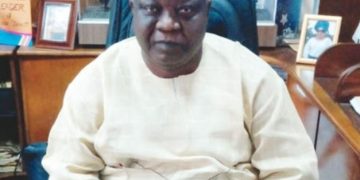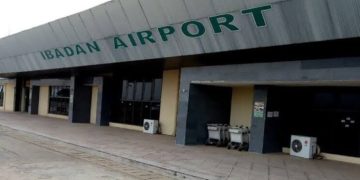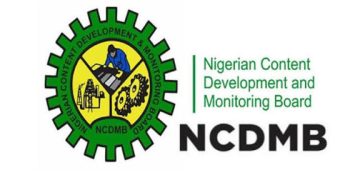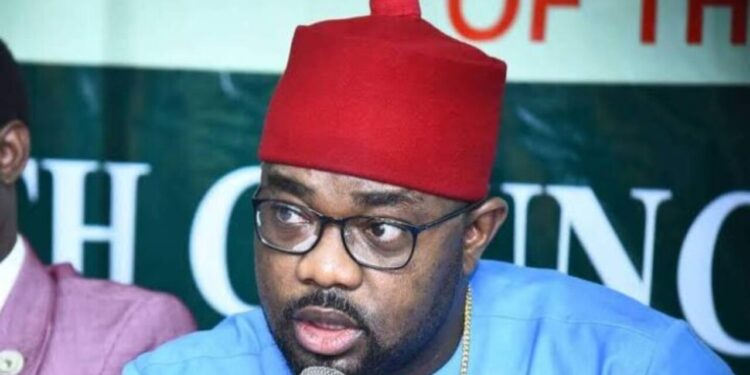House of Representatives has commenced investigation into alleged importation of adulterated petroleum products and scarcity of crude oil for refineries.
It would be recalled that the House had on July 9 constituted a Joint Petroleum Committee on Midstream and Downstream Sectors to conduct a forensic investigation towards addressing the pressing issues within the energy sector.
In a keynote address at its inaugural meeting on Monday at the National Assembly, Speaker Tajudeen Abbas observed that the resurgence of fuel queues in petrol stations, increasing cost of Premium Motor Spirit, PMS, and the unavailability of crude oil feedstock for our downstream domestic refineries are of serious concern.
Abbas, who was represented by the deputy speaker, Benjamin Kalu, said the quality of petroleum products had come under scrutiny and relevant stakeholders must ensure strict compliance with global standards.
According to him, “The Nigerian Midstream and Downstream Petroleum Regulatory Authority, NMDPRA, and the Standards Organisation of Nigeria, SON, must guarantee that all petrol imported into the country is rigorously tested in laboratories to meet the standard of sulphur and octane levels.”
He described as unacceptable the petrol imported into the country, which he said contains high sulphur levels with low octane levels.
“In carbon control economies, maintaining high octane levels is a significant regulatory issue for energy regulators and environmental protection agencies.
“The lower the octane level, the cheaper the cost of refining, but this should not be at the expense of quality and environmental standards. The role of regulatory bodies such as the Standards Organisation of Nigeria, National Environmental Standards and Regulations Enforcement Agency, NESREA, and NMDPRA is pivotal in ensuring that the petrol consumed in Nigeria is of environmentally friendly grade.
“As for the difficulties encountered by domestic refiners in accessing reliable supply of crude oil feedstock for their refineries, it must be reiterated that President Bola Tinubu is fully committed to providing a level playing ground for producers and refiners to do business in the industry.
“Therefore, I implore the rule of engagement to ensure that the pricing model from oil producers do not hinder the domestic refineries.
“I also implore the Joint Petroleum Committee on Midstream and Downstream Sectors to work toward a convergence between the domestic crude oil supply obligation and the nation’s energy security, as it works with the sector regulators to re-engineer their respective regulatory processes to address the challenges,” he said.
The speaker commended the chairmen of the committees, Ikenga Ugochinyere and Henry Okojie, on their diligent efforts, urging them to move with a shared sense of purpose and determination to ensure that Nigeria’s energy sector operates at the highest standards of quality, efficiency and environmental sustainability.
In his remarks, Ugochinyere urged stakeholders to provide comprehensive support, including essential information and documentation.
He also called on refinery operators, importers, producers and marketers of petroleum products to share their complaints, suggestions and independent facts.




































